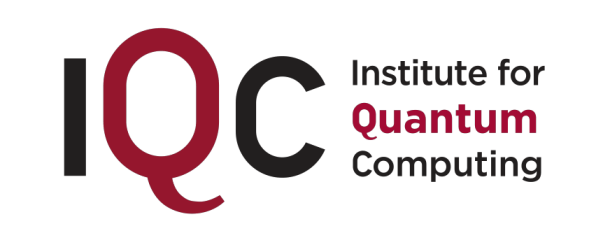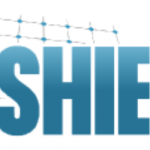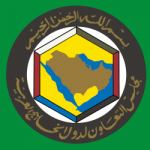University of Waterloo’s Institute for Quantum Computing Combines Classical and Quantum Computing to Open Door to New Discoveries

(HPCWire) Researchers from the Institute of Quantum Computing (IQC) in partnership with the University of Innsbruck have discovered a new and more efficient computing method for pairing the reliability of a classical computer with the strength of a quantum system.
This new computing method opens the door to different algorithms and experiments that bring quantum researchers closer to near-term applications and discoveries of the technology.
The research team from IQC in partnership with the University of Innsbruck is the first to propose the measurement-based approach in a feedback loop with a regular computer, inventing a new way to tackle hard computing problems. Their method is resource-efficient and therefore can use small quantum states because they are custom-tailored to specific types of problems.
Hybrid computing, where a regular computer’s processor and a quantum co-processor are paired into a feedback loop, gives researchers a more robust and flexible approach than trying to use a quantum computer alone.
While researchers are currently building hybrid, computers based on quantum gates, Christine Muschik’s research team was interested in the quantum computations that could be done without gates. They designed an algorithm in which a hybrid quantum-classical computation is carried out by performing a sequence of measurements on an entangled quantum state.
Hybrid computing is a novel frontier in near-term quantum applications. By removing the reliance on quantum gates, Muschik and her team have removed the struggle with finicky and delicate resources and instead, by using entangled quantum states, they believe they will be able to design feedback loops that can be tailored to the datasets that the computers are researching in a more efficient manner.



















